Title: The Growing Popularity of Organic Pears: A Summary Introduction: Organic farming practices have gained considerable traction in recent years as consumers become increasingly conscious about the quality and safety of the food they consume. Organic pears, in particular, have gained popularity due to their delicious taste, health benefits, and the environmentally-friendly methods employed in their cultivation. This summary provides an overview of the rising demand for organic pears, exploring their production methods, health benefits, and market trends. I. Organic Pear Production Methods: Organic pear production follows strict guidelines and avoids the use of synthetic pesticides, chemical fertilizers, genetically modified organisms (GMOs), and growth regulators. Instead, organic farmers rely on sustainable and natural practices to nurture the fruit from orchard to harvest. These practices include implementing crop rotation, employing natural pest control measures, promoting biodiversity, and utilizing compost and organic fertilizers to enhance soil fertility.
fruit
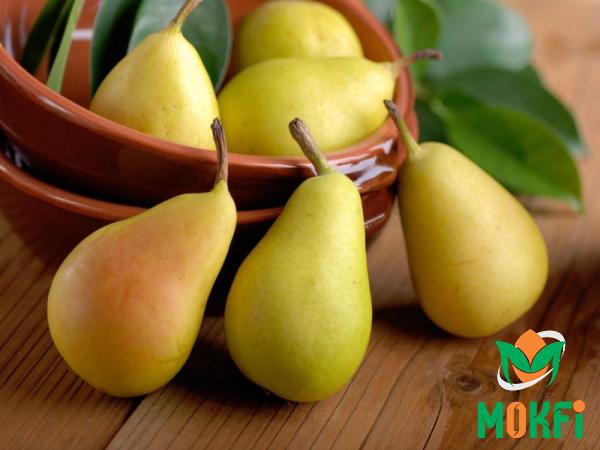 Organic pear farmers also emphasize the preservation of natural habitats and water resources, further contributing to a healthier ecosystem. II. Health Benefits of Organic Pears: Consumers opt for organic pears not only for their taste but also for the numerous health benefits associated with them. Organic pears are rich in essential nutrients like dietary fiber, vitamin C, copper, and potassium, which promote a healthy digestive system, boost immunity, aid in proper nerve function, and regulate blood pressure levels. Moreover, since organic pears are grown without synthetic pesticides, they have lower levels of pesticide residues compared to conventionally grown pears. This makes them a healthier choice for individuals looking to reduce their exposure to potentially harmful chemicals. III. Market Trends: The demand for organic pears has been steadily increasing as consumers become more health-conscious and seek out foods that are free from synthetic chemicals.
Organic pear farmers also emphasize the preservation of natural habitats and water resources, further contributing to a healthier ecosystem. II. Health Benefits of Organic Pears: Consumers opt for organic pears not only for their taste but also for the numerous health benefits associated with them. Organic pears are rich in essential nutrients like dietary fiber, vitamin C, copper, and potassium, which promote a healthy digestive system, boost immunity, aid in proper nerve function, and regulate blood pressure levels. Moreover, since organic pears are grown without synthetic pesticides, they have lower levels of pesticide residues compared to conventionally grown pears. This makes them a healthier choice for individuals looking to reduce their exposure to potentially harmful chemicals. III. Market Trends: The demand for organic pears has been steadily increasing as consumers become more health-conscious and seek out foods that are free from synthetic chemicals.
Specifications of fruit
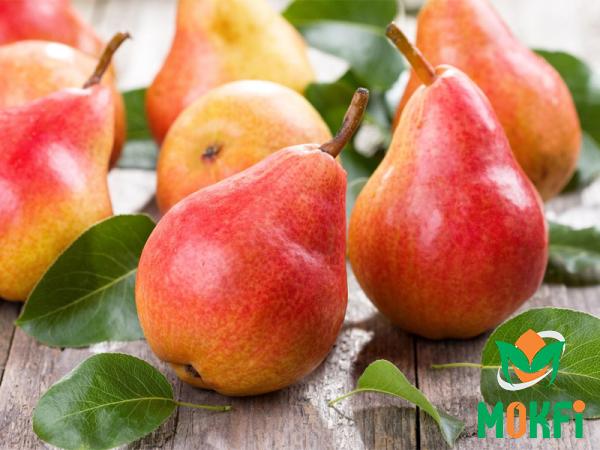 In response to this growing demand, organic pear production has expanded globally, with countries such as the United States, China, Argentina, and Italy becoming major producers. Additionally, supermarkets and grocery stores have started dedicating more shelf space to organic produce, including organic pears, to meet consumer demands. The global organic pear market is projected to witness substantial growth in the coming years, driven by the increasing availability of organic products and consumers’ willingness to pay a premium for organic produce. IV. Challenges and Opportunities: While the demand for organic pears continues to rise, there are challenges associated with organic farming. Organic production methods require more labor-intensive practices, stringent certification standards, and a greater level of knowledge and expertise. Organic farmers also face risks associated with weather conditions, pests, and diseases, which can impact crop yields and overall profitability. However, overcoming these challenges presents an opportunity for farmers to capitalize on the premium prices offered for organic pears.
In response to this growing demand, organic pear production has expanded globally, with countries such as the United States, China, Argentina, and Italy becoming major producers. Additionally, supermarkets and grocery stores have started dedicating more shelf space to organic produce, including organic pears, to meet consumer demands. The global organic pear market is projected to witness substantial growth in the coming years, driven by the increasing availability of organic products and consumers’ willingness to pay a premium for organic produce. IV. Challenges and Opportunities: While the demand for organic pears continues to rise, there are challenges associated with organic farming. Organic production methods require more labor-intensive practices, stringent certification standards, and a greater level of knowledge and expertise. Organic farmers also face risks associated with weather conditions, pests, and diseases, which can impact crop yields and overall profitability. However, overcoming these challenges presents an opportunity for farmers to capitalize on the premium prices offered for organic pears.
buy fruit
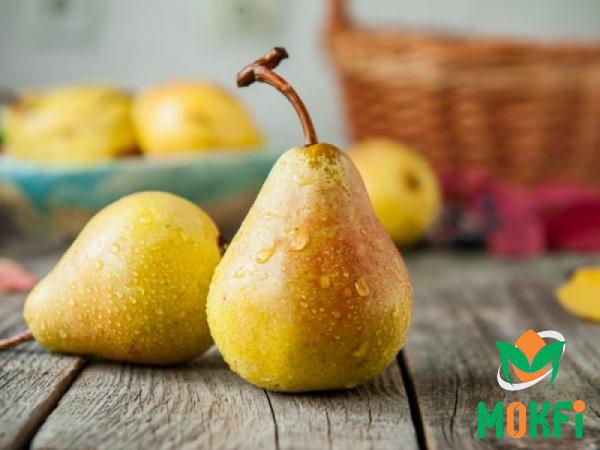 Additionally, the growing consumer interest in sustainability and health-consciousness presents an opportunity for organic pear farmers to expand their markets and develop new marketing strategies. V. Consumer Perceptions and Benefits: Consumers choose organic pears not only for their health benefits but also for ethical and environmental reasons. Organic farming practices promote biodiversity, protect soil health, conserve water resources, and reduce greenhouse gas emissions. Moreover, organic farming supports local economies, encourages sustainable farming practices, and promotes fair trade. As consumers become more aware of these benefits, they are inclined to support organic farming and make conscious choices in favor of organic pears and other organic produce. Conclusion: The rise in demand for organic pears reflects a broader shift towards conscious consumerism and healthier food choices. Organic pear cultivation methods prioritize environmental sustainability, health benefits, and consumer preferences, making them an attractive option for consumers seeking tasty, nutritious, and environmentally-friendly fruit. As organic farming practices continue to evolve and consumer demand grows, organic pear production is expected to flourish, benefiting farmers, consumers, and the environment alike.
Additionally, the growing consumer interest in sustainability and health-consciousness presents an opportunity for organic pear farmers to expand their markets and develop new marketing strategies. V. Consumer Perceptions and Benefits: Consumers choose organic pears not only for their health benefits but also for ethical and environmental reasons. Organic farming practices promote biodiversity, protect soil health, conserve water resources, and reduce greenhouse gas emissions. Moreover, organic farming supports local economies, encourages sustainable farming practices, and promotes fair trade. As consumers become more aware of these benefits, they are inclined to support organic farming and make conscious choices in favor of organic pears and other organic produce. Conclusion: The rise in demand for organic pears reflects a broader shift towards conscious consumerism and healthier food choices. Organic pear cultivation methods prioritize environmental sustainability, health benefits, and consumer preferences, making them an attractive option for consumers seeking tasty, nutritious, and environmentally-friendly fruit. As organic farming practices continue to evolve and consumer demand grows, organic pear production is expected to flourish, benefiting farmers, consumers, and the environment alike.
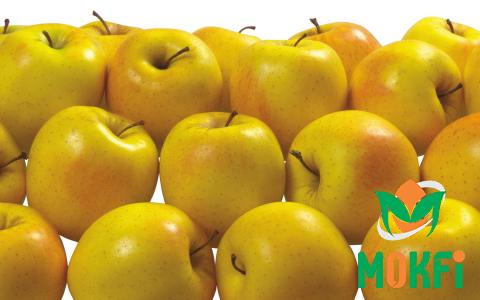
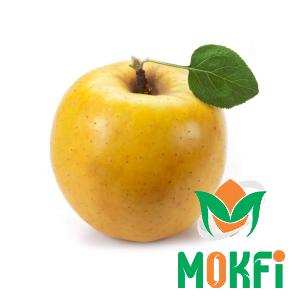
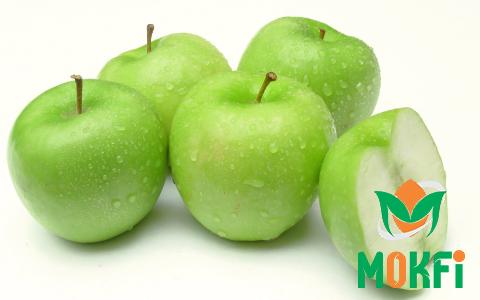
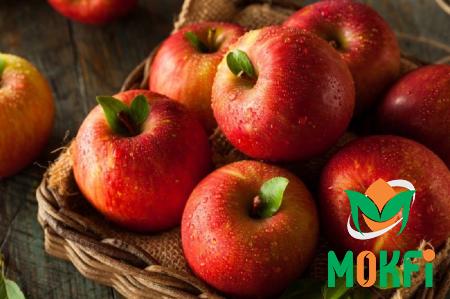
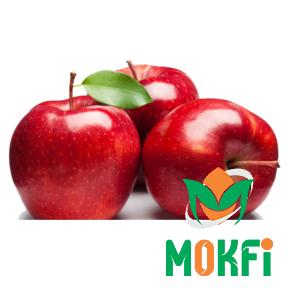
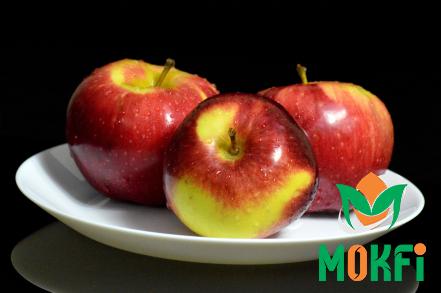
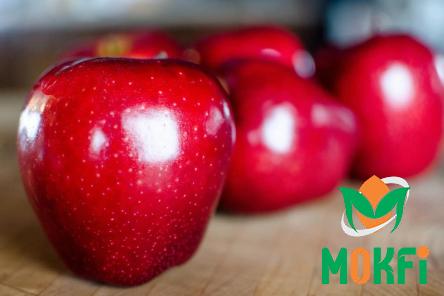
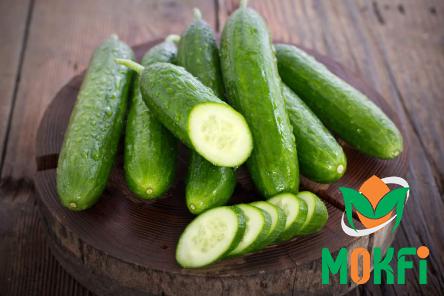
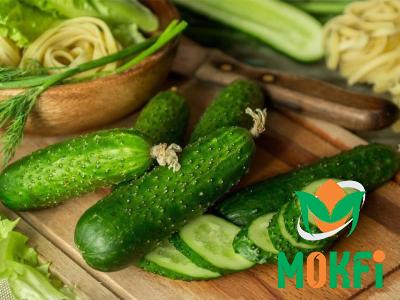
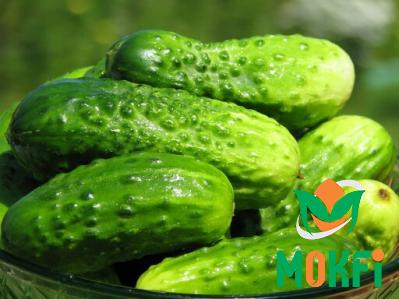
Your comment submitted.